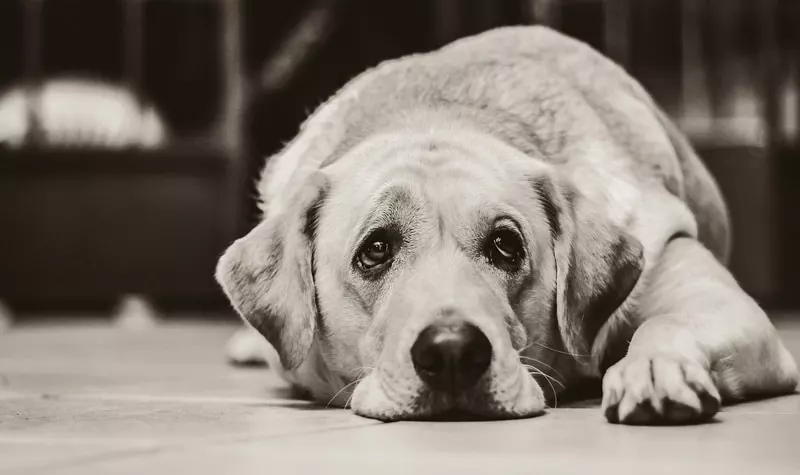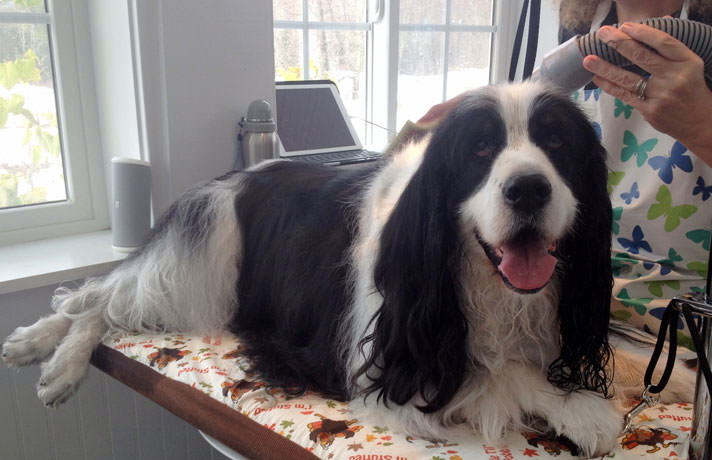Search
Featured post
As Your Dog gets older, What should you do to keep them Healthy?
As your Dog gets older, What should you do to keep them healthy?
As our beloved canine companions age, it becomes increasingly important to provide them with the proper care and attention they need to live out their golden years comfortably and happily. Senior dogs (6 years old and above) have different needs compared to younger dogs, and it's essential for pet owners to be aware of these differences in order to ensure their furry friends remain healthy and content. In this post, we will discuss some helpful tips on how to take care of senior dogs.
⦿Regular veterinary check-ups: Just like humans, senior dogs are more prone to various health issues as they get older. It is very important to schedule regular check-ups with your veterinarian to monitor your dog's health and catch any potential problems early on. Your vet may recommend specific tests or treatments to keep your senior dog in optimal health.
⦿Proper nutrition: As dogs get old, their nutritional needs change. Senior dogs may require a diet that is lower in calories and higher in protein to support their aging bodies. Speak to your vet about the best diet for your senior dog, and consider switching to a senior-specific dog food to ensure they are getting the right balance of nutrients.
⦿Exercise and mental stimulation: While senior dogs may not be as active as they once were, they still benefit from regular exercise to keep their muscles strong and their minds sharp. Gentle walks, playtime, and puzzle toys can provide physical and mental stimulation for senior dogs without putting too much strain on their bodies.
⦿Conducive living environment: Senior dogs may have trouble with moving around as they age, so it's important to create a comfortable living environment for them. Provide soft bedding, easy access to food and water, and consider adding ramps or stairs to help them navigate stairs or furniture more easily.
⦿Dental care: Dental health is often taken for granted in senior dogs, but it is important for their overall well-being. Regular dental cleanings and at-home dental care can help prevent dental issues such as gum disease and tooth decay, which can impact your dog's quality of life.
⦿Regular grooming: Senior dogs may have different grooming needs compared to younger dogs. They may require more frequent grooming to keep their coats clean and free of tangles, as well as regular nail trims and ear cleanings. Grooming sessions can also provide an opportunity to check for any lumps, bumps, or skin issues that may need attention.
⦿Monitor changes in behavior: As dogs age, they may experience changes in behavior that could indicate underlying health issues. Keep an eye out for changes in appetite, energy levels, bathroom habits, or any other unusual behaviors, and consult your vet if you have any concerns.
Taking care of a senior dog requires a little extra effort and attention, but the love and companionship they provide make it all worth it. By following these tips and being proactive about your senior dog's health and well-being, you can help them live out their golden years in comfort and happiness. Remember, senior dogs may be older, but they still have plenty of love and joy to give – so let's make sure we give them the best care possible.
Search on Wikipedia
Labels
Most Popular
Tags
- animal health
- antibiotic abuse
- Antimicrobial resistance
- antimicrobial stewardship
- Brooding
- cat
- cat myths
- chicken
- cow
- dairy
- deworming
- dog
- dog care
- dog ethics
- dog grooming
- dog health
- Dog safety
- Dog training
- Dogs
- dress
- exercise
- exertional rhabdomyolysis
- Food safety
- hoof care
- hoof trimming
- Horse
- horse care
- horse disease
- Meat inspection
- Meat safety
- milking
- myths
- parvovirus
- pet
- pet care
- pet care.
- pet health
- Pig farming
- Pigs
- Poultry
- poultry farming
- poultry feed
- tick infestation





0 Comments